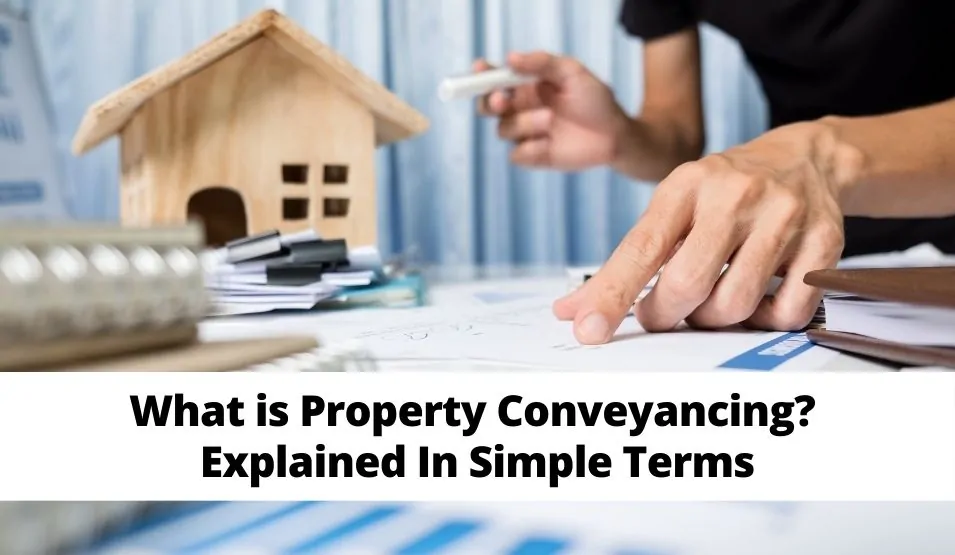What is Property Conveyancing? When buying or selling property, the conveyancing process is a vital step that ensures a smooth and legally sound transfer of ownership from one owner to another.
At TPD Solutions, we understand that the complex process of property conveyancing can seem overwhelming, which is why we aim to make it as straightforward as possible. As a trusted partner for professional conveyancing services in Laois and the Greater Midlands Area, we’re here to guide you through each step, answer any questions, and ensure the process is handled with expertise.
In this post, we’ll break down the basics of property conveyancing so you can feel more informed and confident in your decision-making, whether you’re buying or selling property. Let’s dive into what conveyancing is, why it’s essential, and how it works in Ireland.
What is Property Conveyancing?
Property conveyancing is the legal process of transferring ownership of a property from one person (the seller) to another (the buyer). This process involves preparing and reviewing various legal documents, verifying title deeds, ensuring any mortgage lender requirements are met, and ultimately handling the signed contracts that finalize the sale.
The conveyancing process typically involves a conveyancing solicitor or a licensed conveyancer who acts on behalf of the buyer or seller to handle all legal aspects, such as registering the property with the Land Registry, arranging stamp duty payments, and coordinating with other professionals like the buyer’s solicitor and mortgage lender.
At TPD Solutions, our conveyancing solicitors work closely with clients to ensure every step is handled meticulously, helping you avoid common pitfalls and delays.
How Long Does Property Conveyancing Take in Ireland?
In Ireland, the conveyancing process can vary in duration, but it typically takes between 8 to 12 weeks from the point that the sale agreement is reached. Several factors can impact this timeline, such as the purchase price, mortgage offer arrangements, and the readiness of both parties to sign the necessary documents.
The process begins with pre-contract enquiries, which involve reviewing title deeds, verifying property boundaries, and resolving any discrepancies in building plans. Once all pre-contract enquiries are completed and both parties agree to proceed, signed contracts are exchanged, and the closing date is set.
If you’re buying a property, your conveyancing solicitor will also coordinate with the seller’s solicitor to ensure a seamless transaction.
How Much Do Property Conveyancing Services Cost in Ireland?
Conveyancing costs in Ireland can vary depending on factors such as property location, the purchase price, and the complexity of the transaction.
Legal fees for conveyancing services are typically charged as either a fixed fee or a percentage of the purchase price.
Additional costs may include fees for Land Registry searches, stamp duty, and charges for document processing by the Revenue Commissioners. It’s essential to discuss fees upfront with your conveyancing solicitor to avoid unexpected expenses.
At TPD Solutions, we offer competitive pricing on all conveyancing services and are transparent about any fees charged.
Why Would I Need a Property Conveyancing Service?
When buying or selling property, the importance of a professional conveyancing service cannot be overstated.
A conveyancing solicitor or licensed conveyancer helps you navigate the legal ownership transfer, ensuring that all title deeds are clear and correctly documented and that the transaction meets all legal requirements.
Professional conveyancing services also ensure that key details, such as pre-contract enquiries and coordination with the mortgage lender, are handled properly. Whether you are the buyer or the seller, a conveyancer can help avoid legal complications that could delay or derail the process.
TPD Solutions specializes in handling every aspect of property conveyancing so you can feel confident and secure in your property transaction.
Who Carries Out Property Conveyancing?
The conveyancing process is typically handled by a conveyancing solicitor or licensed conveyancer. These professionals work on behalf of the buyer or seller to manage all legal documentation, conduct property searches, communicate with the lending institution and other party’s solicitor, and prepare the purchase deed and transfer deed.
The buyer’s solicitor and seller’s solicitor are essential figures in finalizing the signed contracts and ensuring the transaction complies with all Irish property laws.
At TPD Solutions, our conveyancing solicitors are skilled in managing property transfers of various complexities. Our team also collaborates with associate solicitors and licensed conveyancers to ensure every transaction is completed with the utmost accuracy and efficiency.
The Conveyancing Process in Simple Terms
To give you an overview, here’s a breakdown of the typical conveyancing process:
Instruction: Once you decide to proceed with buying or selling a property, you’ll formally instruct your chosen conveyancing solicitor to begin the legal work. They’ll outline the conveyancing services they’ll provide, including managing documentation, dealing with the other party’s solicitor, and addressing any complexities that might arise.
Pre-Contract Enquiries: At this stage, the buyer’s solicitor raises specific questions about the property to uncover any potential issues. This might involve reviewing building plans, confirming property boundaries, and examining any existing conditions on the title deeds. If there are shared spaces or unusual stipulations, these will be clarified and resolved to avoid future problems.
Mortgage Offer and Review: If the buyer is using a mortgage, they’ll receive a formal mortgage offer from their lender. The buyer’s solicitor reviews the offer details, confirming terms like interest rates, fees charged, and conditions from the lending institution. They ensure the mortgage aligns with the buyer’s goals and that there are no unexpected requirements from the mortgage lender.
Exchange of Contracts: Once all checks are complete, and both the buyer and seller are satisfied, both parties sign the contracts. At this point, “once signed contracts” are exchanged, and the sale becomes legally binding. This means neither party can back out without penalties, offering security to both sides. The buyer often pays a deposit at this stage as a sign of commitment.
Final Steps and Closing Date: Before the official closing date, the conveyancing solicitor arranges final payments, including stamp duty, legal fees, and any remaining purchase price. The solicitor then registers the property with the land registry, officially transferring legal ownership to the buyer. After registration, the buyer receives the keys, concluding the transaction.
Choosing TPD Solutions: Your Trusted Partner for Property Conveyancing
Navigating the ins and outs of property conveyancing can be challenging, especially when it involves numerous legal terms, contracts, and compliance requirements.
At TPD Solutions, we are committed to making the conveyancing process as seamless and stress-free as possible for clients in Laois and the Greater Midlands Area.
Whether you’re buying your first home, selling an investment property, or managing a complex property transaction, our experienced team is here to guide you through each stage.
Our expertise in conveyancing services ensures that your legal ownership transfer is handled accurately and professionally, so you can focus on the excitement of your new chapter.
If you need a reliable, experienced conveyancing solicitor in Laois or the surrounding areas, don’t hesitate to reach out to TPD Solutions. Contact us today to discuss your needs, request a free consultation, and let us handle the complexities of property conveyancing on your behalf.

